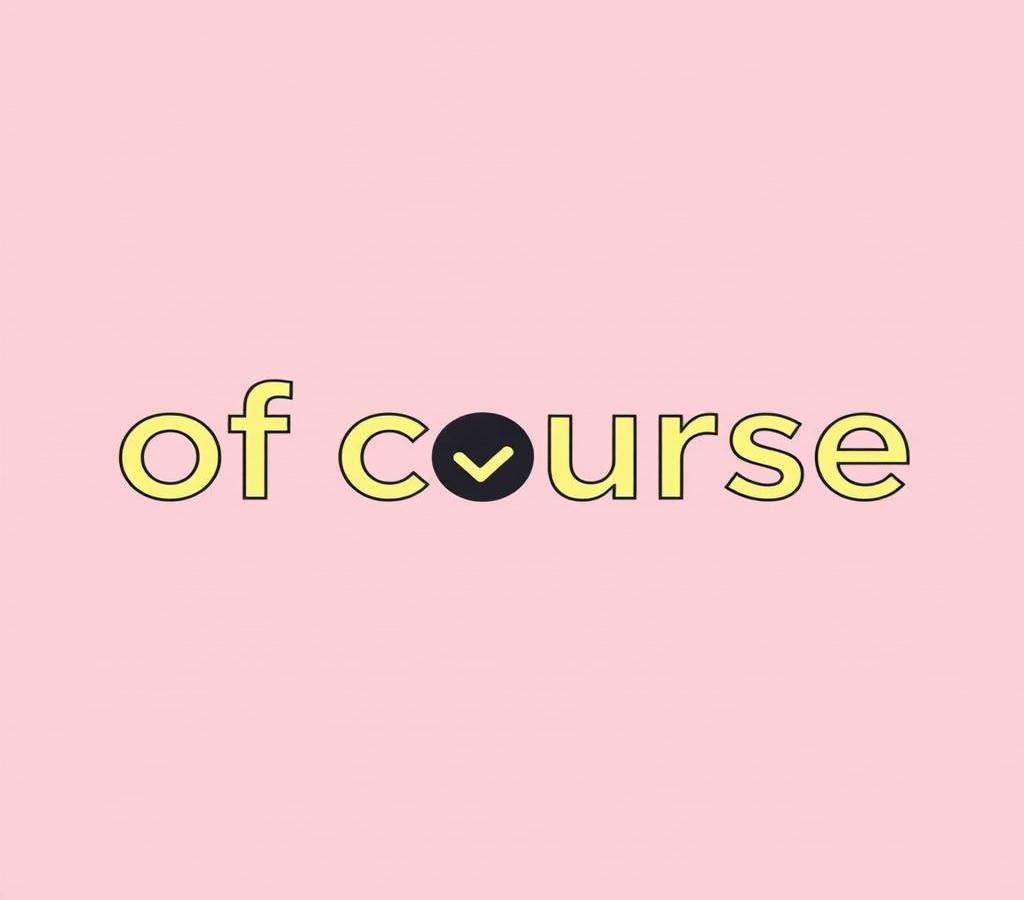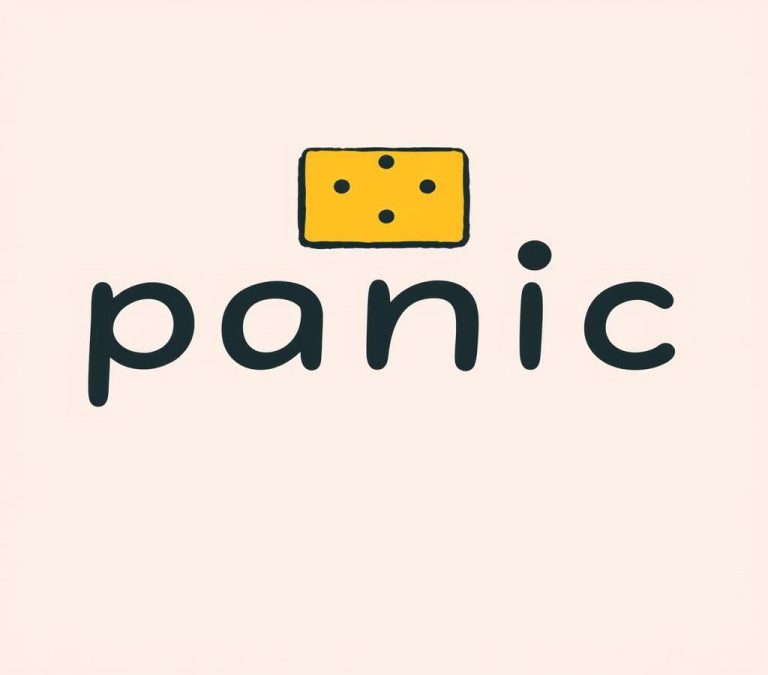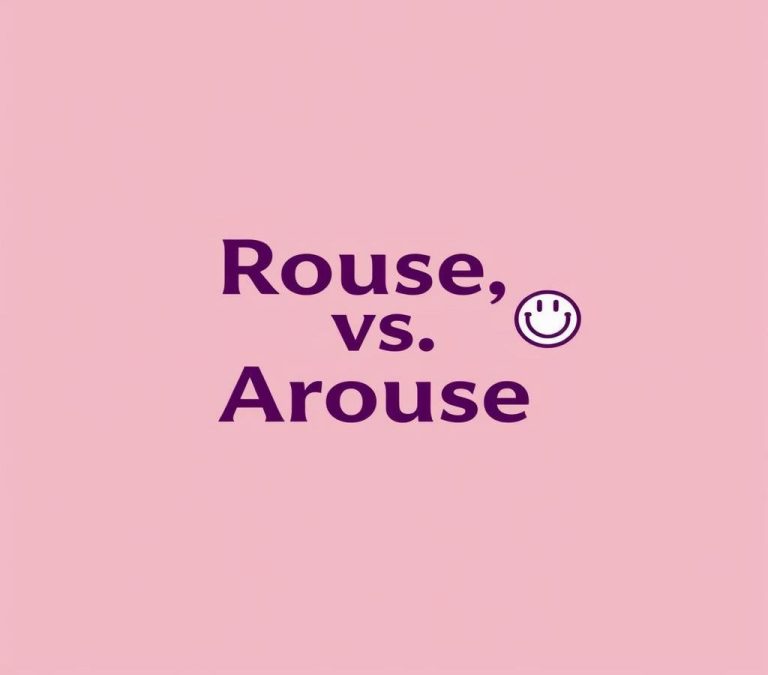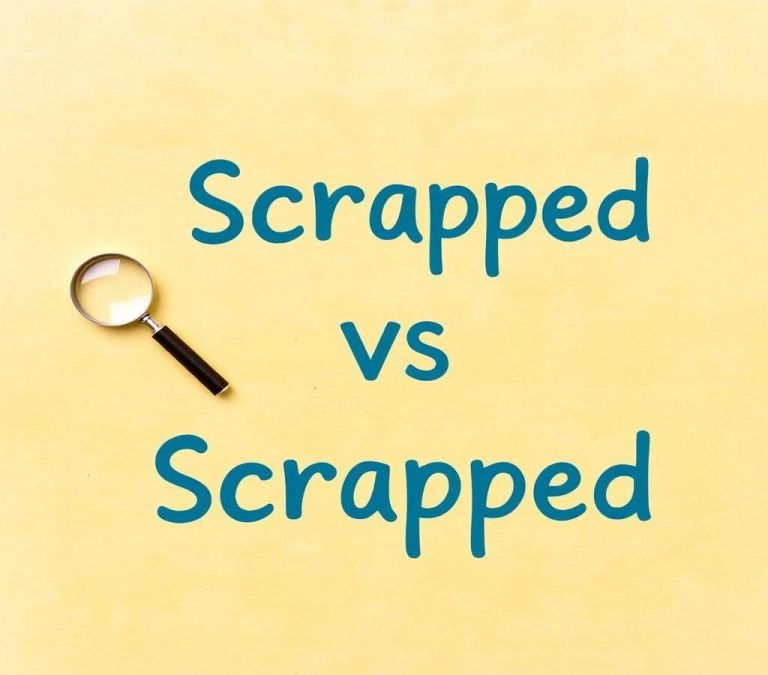Of Course vs Ofcourse: Grammar Usage & Correct Form
Choosing the correct phrase can be confusing, especially when two versions sound the same. In the case of “of course” versus “ofcourse,” many people get mixed up. Understanding the correct usage is important for clear and effective communication. This article will help you learn which version is correct, explain why, and provide examples to ensure you never make this mistake again.
Quick Answer
The correct spelling is “of course” (two words). “Ofcourse” (one word) is incorrect. “Of course” is an idiomatic expression that means “naturally” or “certainly”. It should always be written as two separate words, with a space in between.
Why There is Confusion
Many people are often confused between “of course” and “ofcourse” due to their similar pronunciation. At first glance, combining both words into a single term seems logical. However, only one of these terms is correct in formal English, while the other is a common misspelling. This confusion can stem from fast-paced communication, autocorrect software, or simply a misunderstanding. Understanding the distinctions and proper usage is essential for effective writing and speaking.
What Does “of Course” Mean?
“Of course” is a commonly used English phrase that indicates something is evident or expected. It’s typically used to affirm or confirm a prior statement. For instance, if someone asks, “Can you help me with this task?” responding with “Of course” implies a willing and positive affirmation. The phrase is composed of two separate words: “of,” a preposition, and “course,” a noun, meaning the natural or expected path or direction.
What Does “ofcourse” Mean?
The term “ofcourse” does not exist in standard English. It is a common misspelling of “of course.” While it might appear in informal texts, social media posts, or casual communications, it is not recognized as correct in academic, professional, or formal settings. Relying on “ofcourse” can diminish the credibility and clarity of one’s writing.
Differences Between “of Course” and “ofcourse”
Differences in Parts of Speech
“Of course” consists of:
- “Of” – a preposition used to express a relationship or connection.
- “Course” – a noun that signifies a direction, path, or sequence.
Together, these words form a phrase with a distinct meaning, used to convey certainty or predictability.
On the other hand, “ofcourse” is mistakenly treated as a single word and thus lacks a grammatical base. It doesn’t separate into meaningful parts of speech because, in correct usage, it does not exist.
Differences in Punctuation and Spelling
The spelling difference is straightforward:
- “Of course” – correct spelling, with a space separating the two words.
- “Ofcourse” – incorrect spelling, with no space.
There is no punctuation difference because “ofcourse” is not a proper term. Any attempt to include punctuation (such as adding hyphens or periods) in “ofcourse” does not make it correct.
Differences in Meaning and Usage
“Of course” communicates unambiguous agreement, confirmation, or something evident:
- “Of course, I will help you with your homework.”
- “Are we meeting tomorrow? Of course!”
- “Of course, the sun rises in the east.”
Since “ofcourse” is an incorrect form, it carries no formal meaning and should be avoided to ensure clarity and professional communication.
Synonyms of “of Course” and “ofcourse”
Given that “ofcourse” is not a valid term, it does not have recognized synonyms. Thus, we focus only on the synonyms of the correct expression.
Synonyms of the Correct Expression
Here are some synonyms and alternative phrases for “of course”:
- Certainly
- Definitely
- Absolutely
- Without a doubt
- Naturally
- Indeed
- Sure
These synonyms can help add variety to your writing or speech while maintaining the same meaning.
Usage Examples of “of Course” and “ofcourse”
To better understand the correct and incorrect usage, let’s look at examples:
Correct Usage of “Of Course”:
- “Of course, you can borrow my book.”
- “Is it okay if I come by your office later? Of course.”
- “Of course, everyone is invited to the party.”
- “Of course, she was delighted to hear the good news.”
Incorrect Usage of “Ofcourse”:
- “Ofcourse, you can borrow my book.” (Incorrect)
- “Is it okay if I come by your office later? Ofcourse.” (Incorrect)
- “Ofcourse, everyone is invited to the party.” (Incorrect)
- “Ofcourse, she was delighted to hear the good news.” (Incorrect)
Avoid the incorrect form to ensure clarity and correctness in your communication.
Conclusion: Which One is Correct?
In conclusion, the correct expression is “of course.” It follows established grammatical rules, conveys clear meaning, and is widely accepted in both spoken and written English. “Ofcourse” is a common misspelling that should be avoided to maintain the quality and professionalism of your communication. By understanding these distinctions and practicing the correct usage, you can improve your language skills and confidently express certainty, agreement, or something evident in your conversations or writing.







